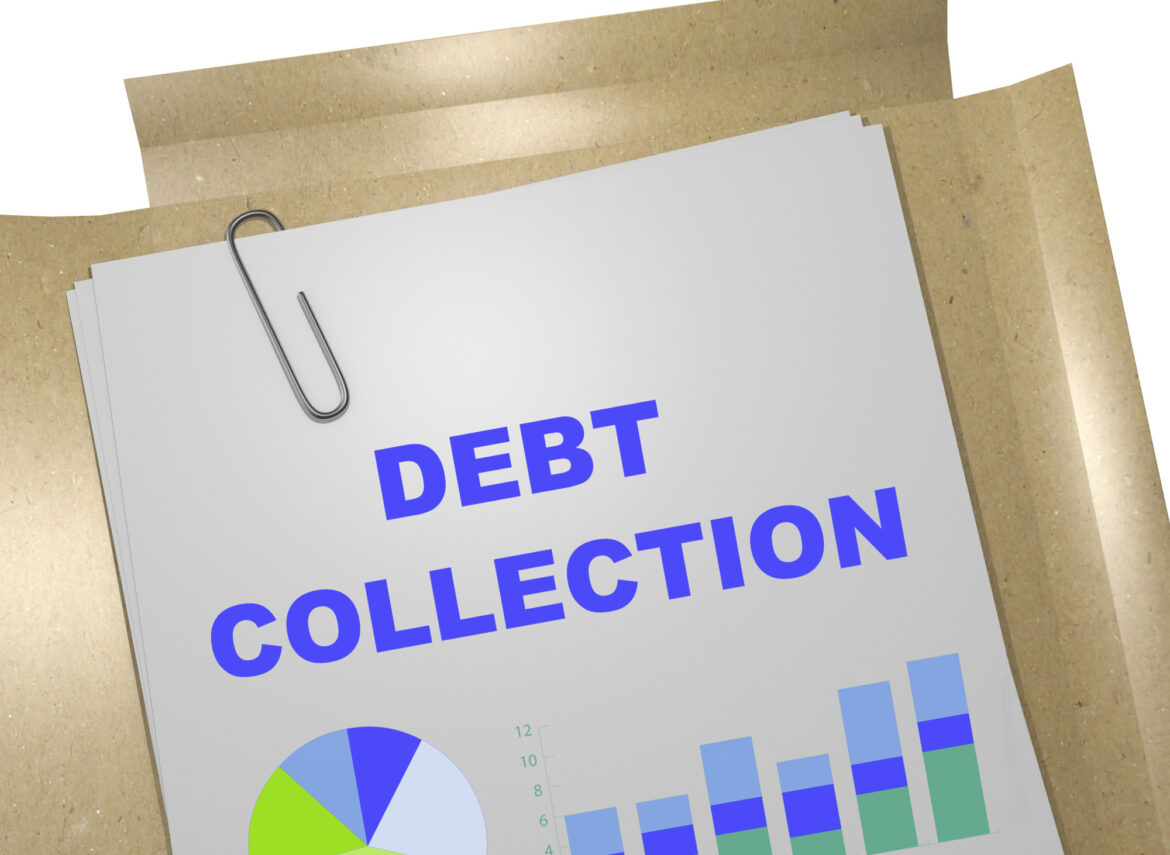Debt Collection: The Good, the Bad, and the Ugly
Not many things are as annoying and distressing as dealing with debt collectors. That would explain why these companies generate more fraud reports to the FTC compared to any other industry.
While these companies are totally legal, they don’t all operate lawfully or respectfully. As a consumer, it’s important that you understand when debt collection goes too far and what you can do to stop the harassment.
What Is Debt Collection?
Debt collection happens when you have a significantly overdue financial account. Collections agencies try to get payment on these past due amounts on behalf of the original creditor.
Sometimes these companies get access to consumer accounts by purchasing them from creditors for pennies on the dollar. On other occasions, a company might have a regular debt collector they work with and assign the account to.
Once they own the account, they attempt to make a profit by collecting the original amount of the debt. Some of the time, they even attach steep fees and interest to the existing debt. However, this is an unlawful practice (more on that below).
A debt collector can contact you by mail, email, telephone, and text. They have to speak to the account holder to release information or settle an account, but they can talk to spouses or relatives to get updated contact methods.
How Debt Affects Your Credit
To fully understand how debt collection comes about, you should first know how credit works and how unpaid debts affect it.
Credit is defined as the ability to borrow money or goods with the expectation that you will repay it. Merchants, service providers, and financial lenders are known collectively as creditors, and they extend credit to consumers.
When you set up an account, whether it’s an auto loan, credit card, or mortgage, you sign a written agreement stating that you will pay the owed amount plus interest. These contracts also go over what happens if you fail to pay.
If you have made delinquent payments or haven’t been able to pay for months, the account will likely go into collections. Usually, creditors attempt to bring the account in good standing before sending it to an outside agency.
Once it does go to a debt collector, you still owe the creditor, but the collections company will be in charge of getting the payments. On many occasions, they will offer payment plans or a reduced debt to try and clear the account.
Fair Debt Collections
Debt collections didn’t just become the most complained about industry for no reason. Although many companies don’t go beyond their rights, there are just as many who use negative tactics to try and force payment.
For this reason, the FTC created a set of laws that collectors must abide by, which is known as the Fair Debt Collection Practices Act (FDCPA). These rules make it illegal for businesses to engage in unfair, abusive, or deceptive practices to collect debts.
It’s important to note that the FDCPA only protects consumer debts like student loans, medical bills, and mortgages. It does not cover collections on business debts.
Here are some of the guidelines that debt collectors need to follow.
- Collectors can only call you between 8 a.m. and 9 p.m. unless otherwise specified by you
- Collection agencies can’t contact you at work if you explicitly communicate that you can’t accept calls there
- If you hire an attorney, they have to speak with your lawyer regarding the debt and not you
- A debt collector cannot speak to anyone else about your debt
Collectors have to provide a written “validation notice” within five days after first contacting you. This must include the amount owed, the name of the creditor you owe, and what to do if it doesn’t belong to you.
Knowing what guidelines they have to follow is only part of protecting yourself from harassment. You should also be clear on what they can’t do so you can recognize abusive behavior.
Here’s what to look out for:
- Collectors cannot threaten you with violence or harm
- They can’t use obscene language on a collection call
- Repeatedly call to annoy you
- Lie about the amount you owe.
- Falsely claim that legal action will be taken or that lawyers are involved
Unfortunately, these intimidation tactics are used far too often without many consumers knowing their rights. But even though you owe a debt doesn’t mean you have to put up with abusive treatment.
There are things you can to put an end to the harassment, which you can read about below.
Dealing With Debt Collectors
If you can, it’s best to avoid letting an account slip into collections status, but sometimes it’s unavoidable. So if you find yourself in a situation where a debt collector is harassing you, what can you do?
The first option you can turn to is to send a written request to the debt collector asking them to stop contacting you. This is something you should also do if you feel that the debt doesn’t belong to you.
Another solution is to ask the collector for debt verification. If you’re constantly getting contacted about a debt that doesn’t belong to you, then you have the right to request no more communication until they can provide verified details about it.
In some cases, the best option is to turn to a debt collector harassment lawyer. While not always necessary, a good attorney can help you fight back if you’re getting a high number of calls or being mistreated.
Hiring a lawyer is especially smart is a collection agency has threatened legal action against you. With a debt collector attorney on your side, you’ll have a much better chance of winning a lawsuit or getting financial compensation.
Protect Yourself From Harassment
With debt collection, there’s a fine line between lawful practices and harassment. Knowing the difference can save you from dealing with constant calls, letters, and being treated unfairly.
To learn more about how to protect yourself financially and improve your credit, check out my other money management blog posts right now.




